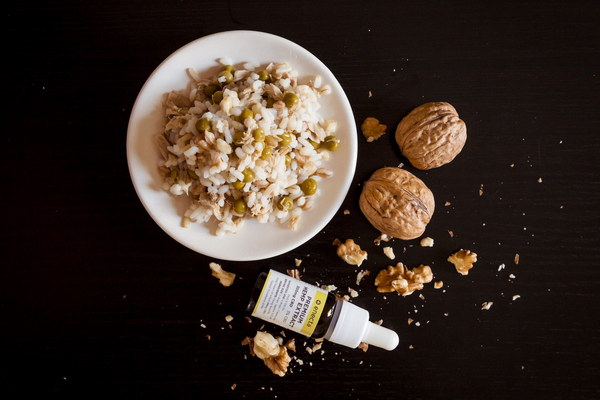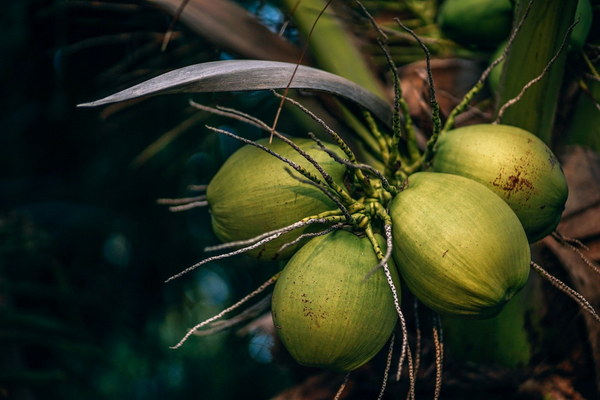Exploring the Benefits of Black Pepper Root Can It Really Exterminate Dampness
In traditional Chinese medicine, the use of herbs and roots to treat various ailments is widely prevalent. One such herb that has garnered attention for its supposed dampness-relieving properties is the black pepper root. But can this spice, commonly used in our everyday cooking, really help expel dampness from the body? Let's delve into the topic to find out.
Dampness, in Chinese medicine, refers to a condition where excess moisture accumulates in the body, leading to various health issues like fatigue, joint pain, and indigestion. The theory is that dampness disrupts the body's balance and can lead to more serious conditions if left unchecked. To combat this, many turn to natural remedies, including the use of black pepper root.
Black pepper root, also known as bì lì in Chinese, is derived from the piper nigrum plant and is widely used in Indian cuisine. In traditional Chinese medicine, it is believed to have several health benefits, primarily due to its ability to expel dampness. But how does it work, and is there scientific evidence to support these claims?
Firstly, black pepper root is rich in piperine, a compound that has been found to have anti-inflammatory properties. Inflammation is often linked to dampness in Chinese medicine, and by reducing inflammation, black pepper root may help alleviate dampness-related symptoms.
Secondly, piperine has also been shown to enhance the bioavailability of other nutrients, which means that when consumed with other foods, it can help the body absorb those nutrients more effectively. This is particularly relevant when considering the use of black pepper root in dampness-relieving remedies.
One of the most common ways to use black pepper root in traditional Chinese medicine is by brewing it as a tea. The tea is believed to help improve digestion, which is essential in expelling dampness from the body. By improving the digestive process, black pepper root tea may help break down dampness and eliminate it through the urine or sweat.

While there is limited scientific evidence to support the use of black pepper root for dampness relief, some studies have shown promising results. For example, a study published in the Journal of Ethnopharmacology found that black pepper root extract exhibited anti-inflammatory effects, which could potentially help alleviate dampness-related symptoms.
However, it is important to note that while black pepper root may have dampness-relieving properties, it is not a cure-all. Individuals with specific health conditions or those taking medication should consult with a healthcare professional before incorporating black pepper root into their routine.
In conclusion, while there is some evidence to suggest that black pepper root may help expel dampness from the body, more research is needed to fully understand its potential benefits. If you are considering using black pepper root as a natural remedy for dampness, it is essential to consult with a healthcare professional to ensure that it is safe and appropriate for your specific health needs. After all, the best way to maintain a healthy balance is through a combination of diet, exercise, and proper medical care.









